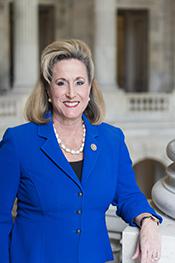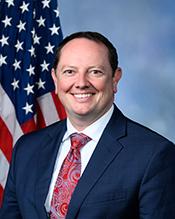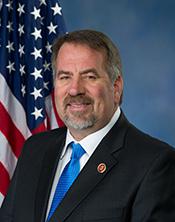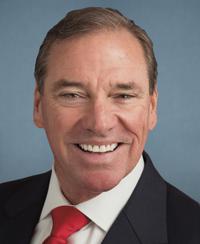0
Born-Alive Abortion Survivors Protection Act
1/31/2025, 3:53 AM
Summary of Bill HR 21
The legislation addresses concerns about the treatment of infants who are born alive following an abortion procedure. It seeks to establish legal protections for these vulnerable newborns and hold health care providers accountable for providing them with the same level of care and support as any other newborn.
If passed, the bill would make it a criminal offense for a health care practitioner to intentionally withhold medical care or treatment from a child who survives an abortion. It would also require health care facilities to report any instances of a child surviving an abortion to law enforcement and appropriate authorities. Supporters of the bill argue that it is necessary to protect the rights and well-being of infants who are born alive after an abortion procedure. They believe that all newborns, regardless of the circumstances of their birth, deserve to receive proper medical care and attention. Opponents of the bill raise concerns about potential implications for women's reproductive rights and the autonomy of health care providers. They argue that the legislation could interfere with medical decision-making and create unnecessary legal barriers for health care professionals. Overall, Bill 119 HR 21 addresses the complex and sensitive issue of abortion and the care of infants who survive the procedure. It seeks to establish legal protections for these newborns and ensure that they receive the medical care and support they need to thrive.
Congressional Summary of HR 21
Born-Alive Abortion Survivors Protection Act
This bill establishes requirements for the degree of care a health care practitioner must provide in the case of a child born alive following an abortion or attempted abortion.
Specifically, a health care practitioner who is present must (1) exercise the same degree of care as would reasonably be provided to any other child born alive at the same gestational age, and (2) ensure the child is immediately admitted to a hospital. Additionally, a health care practitioner or other employee who has knowledge of a failure to comply with the degree-of-care requirements must immediately report such failure to law enforcement.
A health care practitioner who fails to provide the required degree of care, or a health care practitioner or other employee who fails to report such failure, is subject to criminal penalties—a fine, up to five years in prison, or both.
An individual who intentionally kills or attempts to kill a child born alive is subject to prosecution for murder.
The bill bars the criminal prosecution of a mother of a child born alive under this bill and allows her to bring a civil action against a health care practitioner or other employee for violations.





